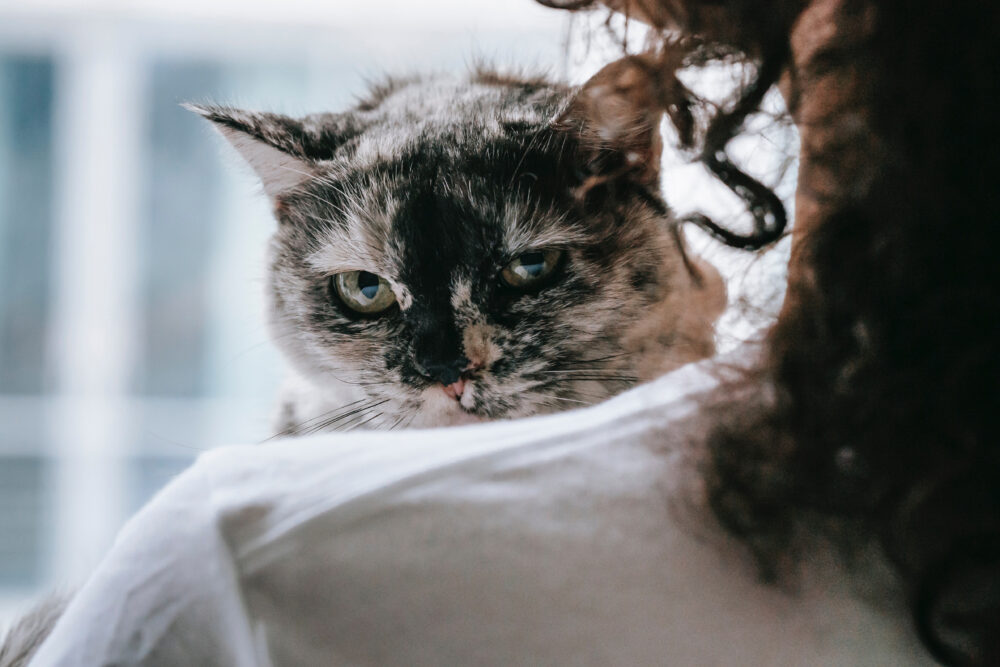
 Naturewatch Foundation has responded to new guidelines published this month by the Sentencing Council of England and Wales. The guidelines will advise Magistrates’ Courts on the appropriate sentence for those who abuse animals, following a consultation last year.
Naturewatch Foundation has responded to new guidelines published this month by the Sentencing Council of England and Wales. The guidelines will advise Magistrates’ Courts on the appropriate sentence for those who abuse animals, following a consultation last year.
The animal welfare charity submitted that there should be more recognition of the impact of children witnessing cruelty, when the violence is part of coercive control within a human relationship, or when the abuse is sexually motivated. The organisation stated that these should be considered as ‘high harm’ areas on the basis that decades of research show that when animals are protected, people are safer too.
The ‘Protect Animals. Protect People.’ campaign, coordinated by Naturewatch Foundation, highlights the impact of abusers exploiting the animal-human bond within relationships. family units and communities. The charity trains police officers around the world on this subject, including within 13 cities of Ukraine, which has the only European criminal code that recognises the impact of witnessing animal cruelty on child development.
Studies show that 73% of extreme pornography cases 1st July 2019 to 30th June 2020 also involved animal sexual violence[1].
The issue of coercive control involving an animal is gaining more understanding and the new College of Policing Domestic Abuse Risk Assessment (DARA) form recognises that. It is known that many who suffer domestic abuse will not leave the home if there is nowhere safe to take their pet, so strong is that animal-human bond.
On 7th June, Naturewatch Foundation will hold an event in London for professionals engaged in public protection to discuss how people affected by animal abuse may be further protected.
Sarah Carr, CEO of Naturewatch Foundation, said, “These new guidelines are an encouraging step forward to protect both the animal and human victims of abuse and follow a long campaign to raise the maximum length of sentence under the Animal Welfare Act from six months to five years. Naturewatch Foundation’s goal is to advance animal welfare and tackling animal cruelty is an integral part of that.”
Mark Randell, the charity’s campaign manager, and a retired UK police detective, said, “From a crime prevention perspective, I’d like to have seen more acknowledgment within these guidelines that there are human victims of animal abuse, those affected by coercive control or child sexual abuse, especially after over 250 years of awareness that animal cruelty doesn’t happen in isolation. The appreciation of the impact of violence towards animals being carried out in front of children is positive though.”
More information on Naturewatch Foundation’s ‘Protect Animals. Protect People.’ campaign is available on their website: https://naturewatch.org/campaigns/protect-animals-protect-people/
[1] According to a Freedom of Information Request, of the 1042 cases in that 12 months, 73% (as reported from 43/43 police force FOIs) of charges under S.63 of the Criminal Justice and Immigration Act 2008 included animal sexual abuse images.
